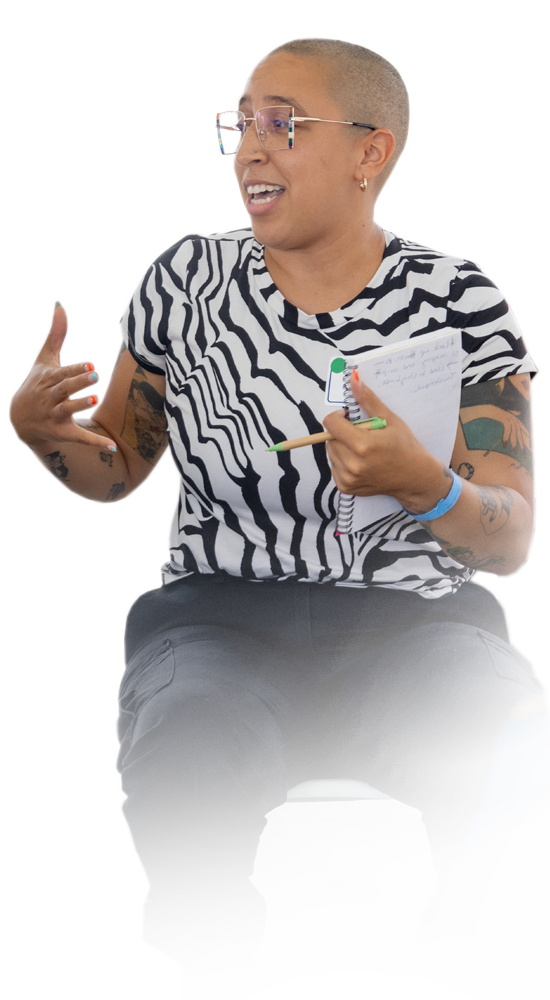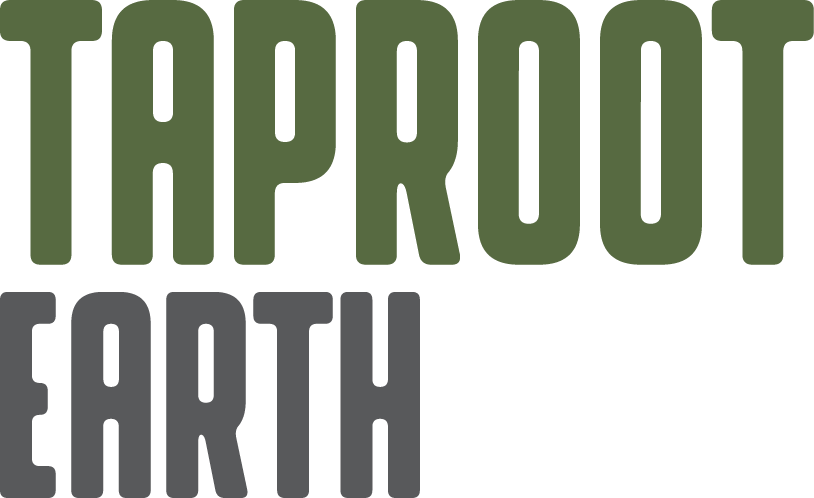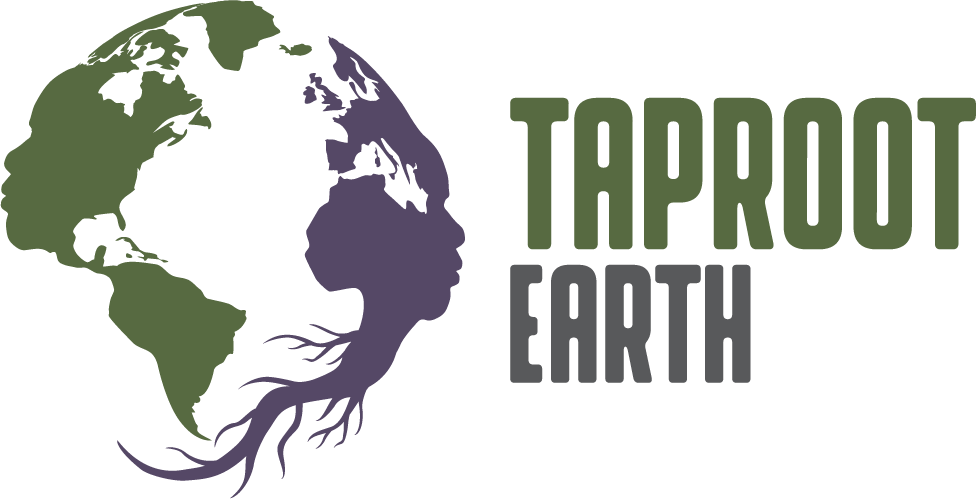
-
Why are you going global?
The climate crisis knows no borders and neither must we. We are going global with a commitment to investing in and facilitating solidarity, resources, and shared lessons to so that frontline communities can learn and build power and ultimately, grow and sustain the movement for climate justice.
-
How is Taproot Earth different from GCCLP?
Taproot Earth is a new international organization that builds on the legacy and lessons of the Gulf Coast Center for Law and Policy (GCCLP) while cultivating connections between the Gulf South and the Global South. We are committed to staying true to our roots and sacred relationships while rising to the climate challenges and needs before us. This includes investing in advancing law, policy, communications, and stewardship rooted in community.
-
How do you decide what activities or policy stances to take on?
Grounded in the frontlines, we do not move on policies or solutions that do not come from our communities or put our communities at risk. While we are uniquely positioned to be in a space of leadership and visioning, our work is tied to the communities that we are accountable to. Therefore, we do not move on actions or take policy stances until we go through an intentional process with our sacred partners and communities to have a deep understanding of the implications and outcomes of any action or policy.
Further, we are committed to learning and growing as an organization starting with building our own political education and analysis to better understand the nuances, challenges, and realities that we face. Utilizing these learnings in combination with our work with frontlines will inform our stances and actions. We are committed to not move out of scarcity or expediency, but rather abundance and accountability.
Lastly, as a movement building organization we also know that there are many roles to play. WE often ask these questions to best identify what makes sense for Taproot Earth – 1) what is the work that requires Taproot Earth to lead and convene? 2) What is the work that Taproot Earth can be a partner too, rather than a convener? 3) What is the work that Taproot Earth can do in solidarity?
-
How do you define frontlines?
We see the frontline as a position first, not as an identity. This is about place and geography. The frontlines are communities most immediately impacted by a climate disaster, whether it’s communities who sustain impact of a category 5 hurricane, communities most likely to be denied clean and affordable drinking water, or those whose livelihoods risk being impeded by the fossil fuel industry. In these moments, communities have a shared experience and can engage at a visceral level. However, not all frontlines experience or recover the same and this is where identity shows up. Black and Indigenous, immigrants, and poor people are the most impacted by this crisis and make up the priority of the frontlines. At Taproot our particular focus and accountability is to Black people – who experience layers of trauma from the climate crisis, the police state, legacy of slavery and Jim Crow, and racial capitalism, making this community our central base within the frontlines.
-
As a climate justice organization, why do you not focus on carbon emission?
Carbon, greenhouse gas emissions, and a changing climate are symptoms of a deeper systemic and intersectional crisis that we face. We face a toxic blend of extremism, extraction, and ecological risk that threaten our ability to sustain our lives in the places we love. These are the root causes of the climate crisis: extraction, racialized capitalism, and ongoing practice of colonialism that justifies the taking of resources at the expense of people’s lives.
By focusing solely on technological solutions, we ignore the reality that our communities face. Our democracy is under attack from rising authoritarianism and nationalist tendencies here in the US and abroad. This rise is fueled by fossil fuel interests advancing scarcity and fear amidst these climate challenges. Our economy is rooted in inequity that extracts our labor, communities, and the Earth for individual gain and benefit.
-
Why is Taproot Earth planning to sunset after 7 years?
Taproot Earth plans to sunset in 2030: a critical turning point that scientists have identified as the time when the most devastating impacts of climate change will manifest. Rather than engage in institution building, Taproot is investing in community solutions. We want to play the role of a catalyst toward a people-powered movement.



